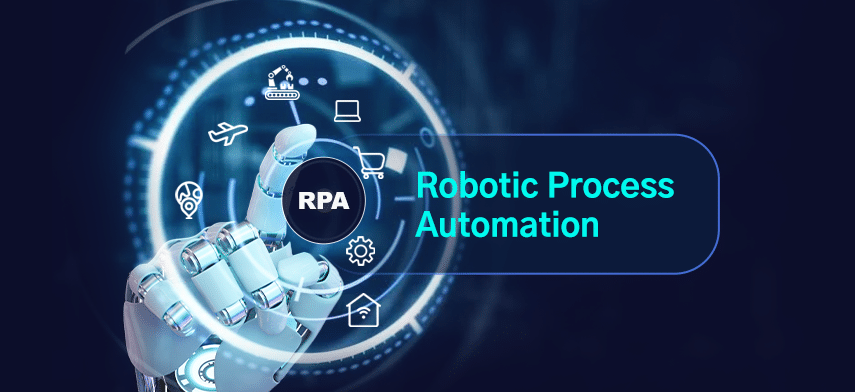Robotic Process Automation (RPA) is transforming the landscape of business operations by automating repetitive and rule-based tasks. This technology uses software robots, or “bots,” to handle routine processes, allowing human workers to focus on more complex and strategic activities. The benefits of RPA are far-reaching and can significantly impact efficiency, accuracy, and overall business performance. Here’s an in-depth look at the key advantages of implementing RPA.
Enhanced Operational Efficiency
One of the most significant benefits of RPA is its ability to enhance operational efficiency. Bots can perform repetitive tasks faster and more consistently than human employees. Processes such as data entry, invoice processing, and customer service inquiries can be automated, reducing the time required to complete these tasks. This leads to quicker turnaround times and allows organizations to handle a higher volume of work without increasing staffing levels. The increased speed and efficiency also contribute to improved service delivery and customer satisfaction.
Cost Reduction
Implementing RPA can result in substantial cost savings for businesses. By automating routine tasks, organizations can reduce the need for manual labor, which often involves significant costs in terms of salaries and benefits. RPA can handle tasks 24/7 without the need for breaks or overtime, further driving down operational expenses. Additionally, the reduction in human errors associated with manual processes minimizes the costs related to correcting mistakes and managing compliance issues.
Improved Accuracy and Consistency
Accuracy and consistency are critical in many business processes, and RPA excels in these areas. Bots follow predefined rules and workflows, ensuring that tasks are executed with high precision and uniformity. This reduces the likelihood of errors that can arise from manual data entry or processing, leading to more reliable and accurate outcomes. Enhanced accuracy not only improves the quality of work but also contributes to better decision-making and compliance with regulatory requirements.
Increased Employee Satisfaction
RPA can positively impact employee satisfaction by alleviating the burden of repetitive and mundane tasks. By automating routine processes, employees can focus on more engaging and value-added activities that require creativity and critical thinking. This shift not only improves job satisfaction but also fosters a more innovative and motivated workforce. Employees who are relieved from monotonous tasks are more likely to be engaged and productive in their roles.
Scalability and Flexibility
RPA offers significant scalability and flexibility for businesses. As organizations grow and their operational needs evolve, RPA can be easily scaled to accommodate increased workloads. Bots can be deployed across various departments and processes without the need for extensive reconfiguration. This flexibility allows businesses to adapt to changing market conditions and operational demands swiftly. Additionally, RPA solutions can be integrated with existing systems and software, making it easier to enhance and expand automation capabilities.
Enhanced Compliance and Risk Management
Maintaining compliance with regulatory standards and managing risks are crucial aspects of business operations. RPA helps enhance compliance by ensuring that processes are executed according to predefined rules and regulations. Bots generate detailed logs of their activities, providing an auditable trail that supports transparency and accountability. This facilitates easier monitoring and reporting, which is essential for meeting regulatory requirements and mitigating risks associated with manual errors or non-compliance.
Improved Customer Experience
The automation of customer-facing processes through RPA can lead to a significantly improved customer experience. Bots can handle routine customer inquiries, process transactions, and manage service requests promptly and efficiently. This results in quicker response times and more accurate handling of customer interactions. Enhanced efficiency in customer service processes contributes to higher customer satisfaction and loyalty, as customers receive timely and reliable support.
Data-Driven Insights
RPA can also provide valuable data-driven insights by automating data collection and analysis. Bots can gather and process large volumes of data from various sources, enabling organizations to generate reports and analytics with greater ease. This data can be used to identify trends, monitor performance, and make informed business decisions. Access to accurate and timely data enhances strategic planning and helps organizations stay competitive in their respective industries.
Conclusion
The benefits of Robotic Process Automation (RPA) are extensive and impactful, ranging from enhanced operational efficiency and cost reduction to improved accuracy, employee satisfaction, and customer experience. By automating repetitive tasks and leveraging data-driven insights, organizations can achieve significant improvements in performance and competitiveness. As businesses continue to navigate a rapidly evolving landscape, RPA offers a powerful tool for optimizing operations, reducing costs, and driving innovation.



